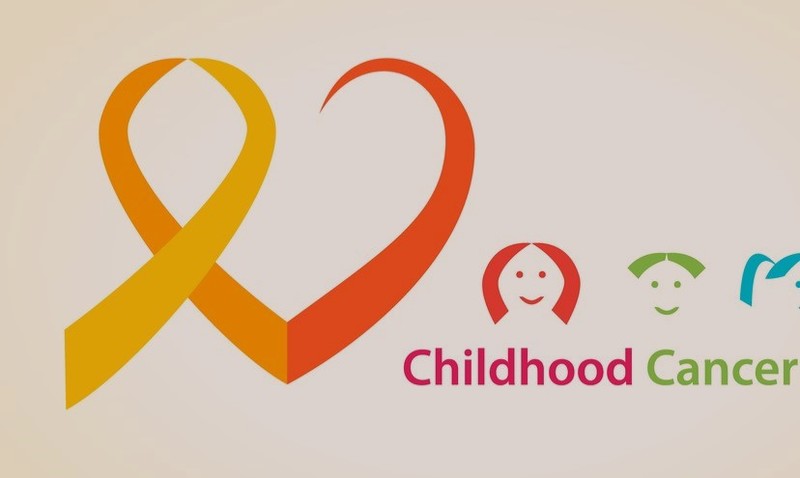Childhood cancer survivors at great risk of heart problems
ANI Mar 10, 2018
A recent study found that childhood cancer survivors were more likely to suffer prematurely from high blood pressure, dyslipidaemia, and cardiovascular disease.

Survivors of childhood cancer are at great risk of heart problems in adulthood. According to a European Society Of Cardiology-led study, such survivors of are at increased risk of suffering prematurely from cardiovascular disease in adulthood. To investigate the long-term health of childhood cancer survivors, by means of systematic and comprehensive clinical evaluation of their health in comparison to the general population, researchers in Germany found that as adults these people were at increased risk of having high blood pressure and dyslipidaemia (abnormal, usually high, levels of cholesterol and other fats in the blood).
These conditions occurred six and eight years earlier respectively when compared with the general population. In addition, childhood cancer survivors had a nearly two-fold increased risk of cardiovascular diseases such as congestive heart failure and venous thromboembolism. Cardiovascular disease was found in 4.5 percent of survivors and occurred in the majority before they reached the age of 40, nearly eight years earlier than in the general population.
Between October 2013 and February 2016, a total of 951 adult long-term survivors of childhood cancer, underwent a clinical examination that included assessing factors that might put them at higher risk of cardiovascular diseases, such as high blood pressure and dyslipidaemia.
The researchers also checked their medical history, whether or not they smoked and whether there was any family history of cardiovascular disease. Their ages ranged from 23 to 48 at the time of this follow-up. The results were compared with over 15,000 people selected from the general population. Researcher Joerg Faber said, "Our results show that these survivors of childhood cancer have a substantially elevated burden of prematurely occurring traditional cardiovascular risk factors and cardiovascular diseases".
Researcher Wild added, "In particular, the premature onset of high blood pressure and blood lipid disorders may play an important role in the development of severe cardiovascular conditions, such as heart disease and stroke in the long term". "We also found that a remarkable number attended their clinical examination for this study with previously unidentified cardiovascular risk factors and cardiovascular disease. For example, only 62 out of 269 were aware of having dyslipidaemia. Consequently, 207, approximately 80 percent, were only diagnosed at that point. This applies to high blood pressure in the arteries as well."
High blood pressure and dyslipidaemia were the most common cardiovascular risk factors identified in the childhood cancer survivors, 23 percent and 28 percent respectively, whereas diabetes was only found in two percent. The researchers said that these findings show that survivors of childhood cancer have a considerably greater risk of cardiovascular disease - a risk that continued to increase with age rather than levelling off - and this meant that, in the longer term, they may be more likely to die earlier than the general population.
However, it might be possible to prevent this, said Professor Wild, "Early systematic screening, particularly focusing on blood pressure and lipid measurements, might be suggested in all childhood cancer survivors irrespective of the type of cancer or treatment they had had. This might help to prevent long-term cardiovascular diseases by intervening early, for instance by modifying lifestyles and having treatment for high blood pressure."
Professor Faber added, "Usually survivors are followed for only five to ten years after completion of therapy, and this is focused on the risk of cancer returning and the acute adverse effects of their treatment, rather than on other conditions. Current guidelines recommend cardiovascular assessments only for sub-groups known to be at risk, such as for patients who were treated with anthracycline therapy and/or radiation therapy. However, further investigations are needed to answer questions about the best follow-up care."
Treatments for childhood cancer include chemotherapy and radiotherapy, both of which can affect the heart, causing temporary or sometimes permanent damage to heart cells and blood vessels. The mechanisms for this are not all fully understood, particularly for long-term chronic effects, but certain genetic factors seem to increase the probability of adverse effects on the heart.
The findings from the study are published in the European Heart Journal.
-
Exclusive Write-ups & Webinars by KOLs
-
Daily Quiz by specialty
-
Paid Market Research Surveys
-
Case discussions, News & Journals' summaries